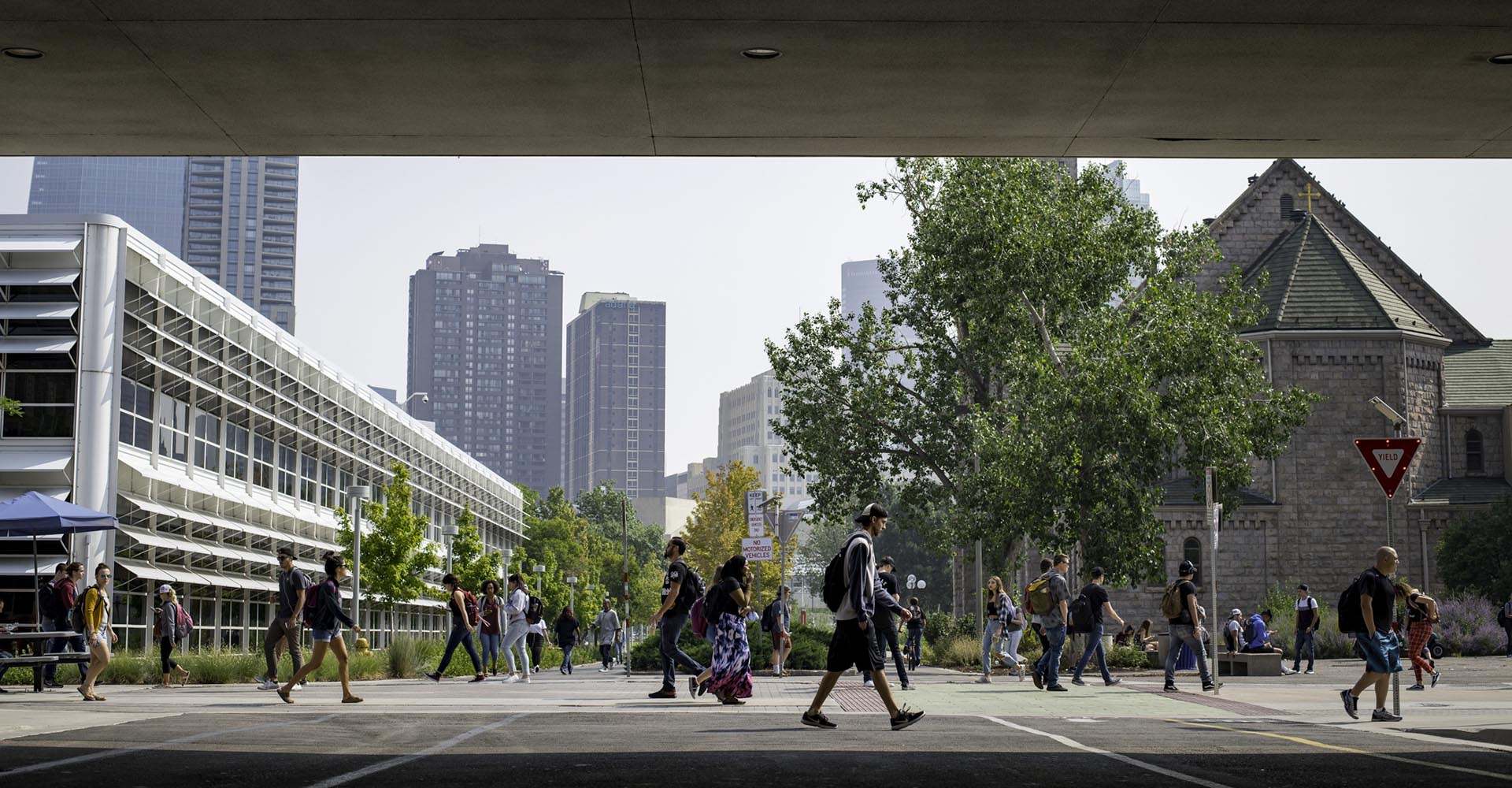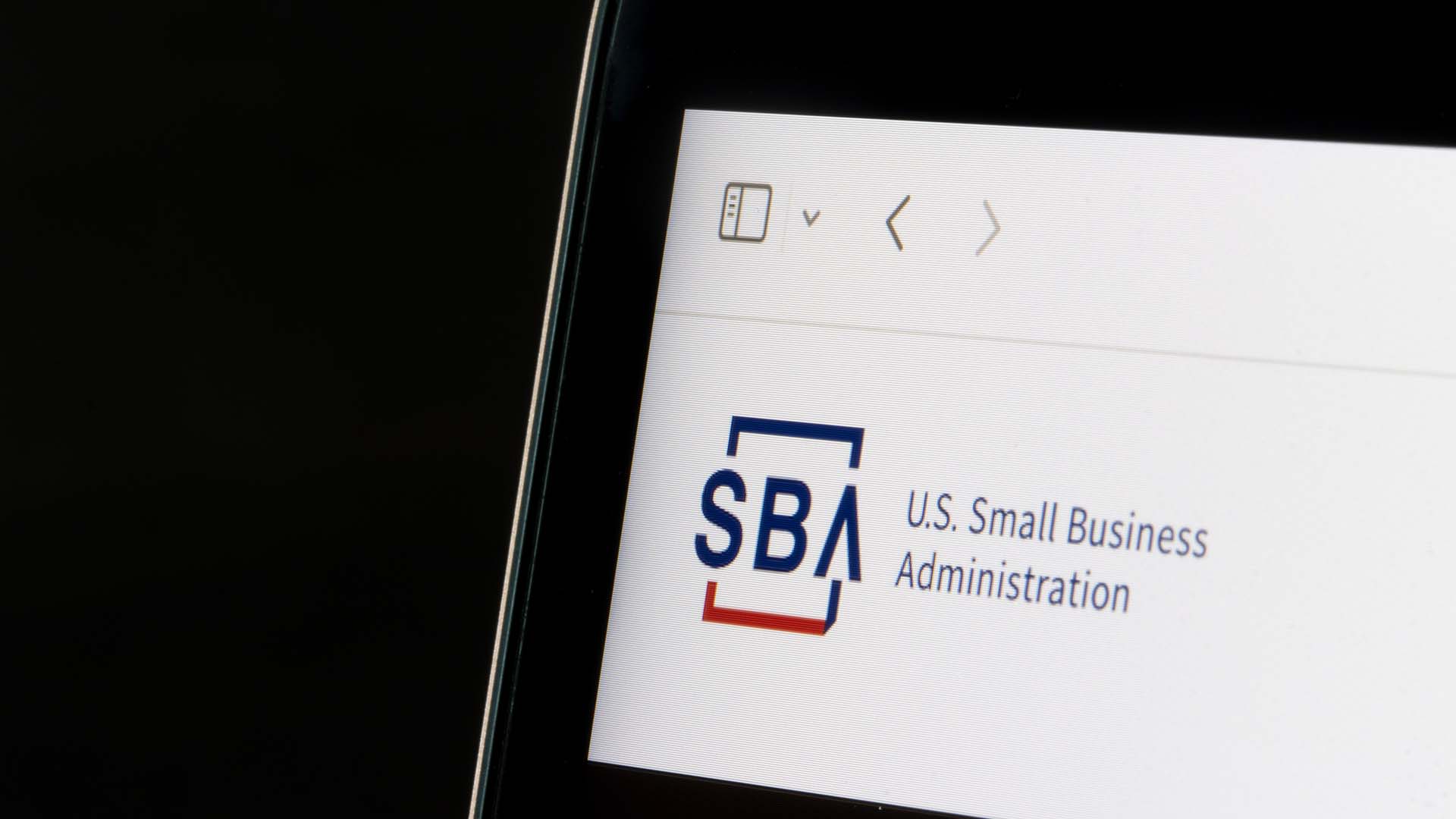State stimulus bill aims to help Coloradans go back to school
Proposed legislation would help stop-out and gap-year students earn credentials with scholarships and student-support services.

A proposed bill in the Colorado legislature would allocate state stimulus funds for a number of initiatives designed to strengthen the state’s postsecondary-education pipeline.
House Bill 1330, “Higher Education Student Success,” would promote credential completion at multiple levels, including initiatives to boost completion of the Free Application for Federal Student Aid by high school seniors and programs that help students who have stopped out of college but want to finish a degree.
“This bill includes resources and supports that will move several levers at once, with a focus on student success,” said Will Simpkins, vice president for Student Affairs at Metropolitan State University of Denver. “In order to ensure that we have the local, diverse talent to meet our economy’s needs in the future, Colorado needs to invest today in ensuring that more Coloradans attain a postsecondary credential.”
Colorado has one of the lowest FAFSA-completion rates of any state, meaning students leave millions of federal grant dollars unused that could help pay for college.
Many of the initiatives in the bill are focused on “stop-out students,” those who have earned some college credits but stopped attending before earning a credential. About 680,000 Coloradans have left college without earning a degree, according to the National Student Clearinghouse.
The Colorado Opportunity Scholarship Initiative Finish What You Started program would provide scholarships, wraparound student support and completion incentives for stop-out students and students who were admitted to an institution in the past two academic years but delayed enrolling because of the pandemic.
“MSU Denver has a strong track record of deploying ‘finish-line grants’ to support stop-out students to finish a degree, and we look forward to expanding that work thanks to the resources made available in this bill,” Simpkins said.
The bill would also create the Colorado Reengagement (CORE) Initiative, which would allow four-year institutions to award associate degrees to stop-out students who earned 70 or more credits before withdrawing from that institution.
“Associate degrees and microcredentials have been shown to increase momentum toward completing an undergraduate degree,” Simpkins said. “The CORE Initiative will allow Colorado to double down on existing strategies like reverse transfer to ensure that all students are earning credentials that reflect their learning and propel them to academic and economic success.”
Rep. Julie McCluskie, one of the bill sponsors along with Rep. Naquetta Ricks and Sens. Rachel Zenzinger and Barbara Kirkmeyer, said many traditional and nontraditional students couldn’t afford to start or continue working toward a college degree or credential because their lives were upended by the pandemic.
“These Coloradans are the future workforce of our state, and our workforce-development pipeline is leaking,” McCluskie said. “This is a critical time for action. We are making a significant investment to reengage students and workers and get them back on track to better jobs and better lives.”







